Optimal Timing for Stone Facade Installation
Stone facade installations are typically best performed during mild weather conditions. Optimal timing generally falls in the late spring and early fall when temperatures are moderate and humidity levels are conducive to proper curing and adhesion of materials. Extreme cold or hot weather can affect the integrity and longevity of the installation, potentially leading to issues such as cracking or improper bonding.
Temperatures between 50°F and 85°F with low humidity are ideal for stone facade installation, ensuring proper adhesion and curing.
Heavy rain, snow, or freezing temperatures can delay installation and impact the quality of the work.
Spring and fall offer the most stable weather patterns, reducing the risk of weather-related issues during installation.
Rapid temperature changes can cause expansion and contraction of materials, leading to potential damage or misalignment.
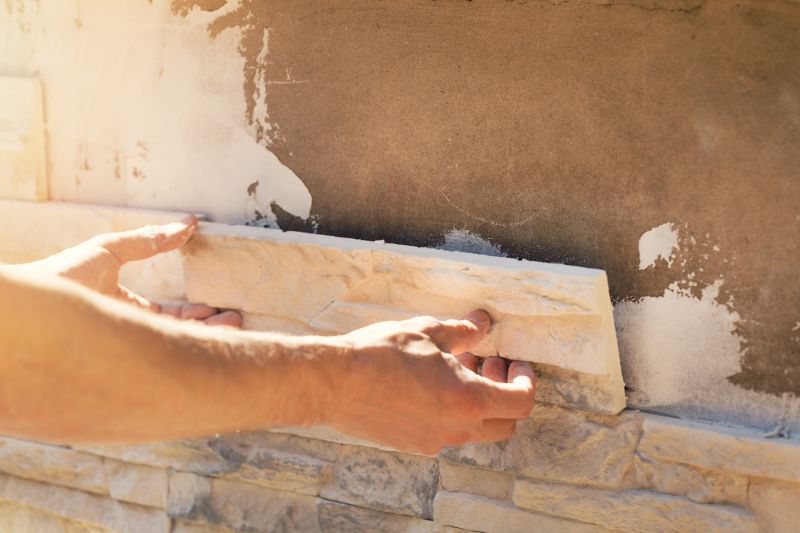
Ways to make Stone Facade Installations work in tight or awkward layouts.
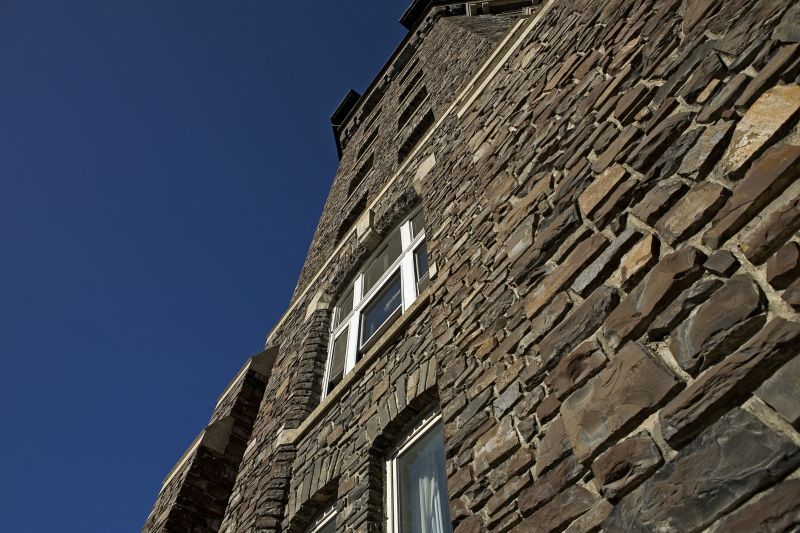
Popular materials for Stone Facade Installations and why they hold up over time.
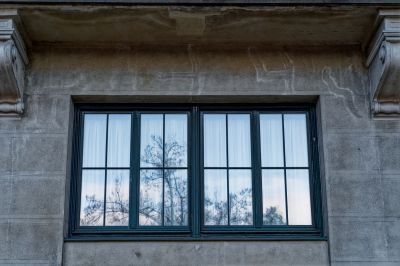
Simple add-ons that improve Stone Facade Installations without blowing the budget.
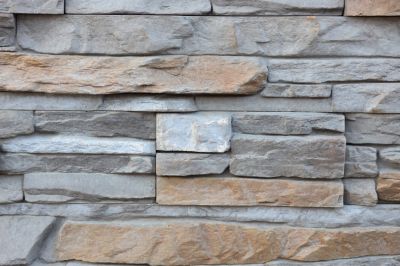
High-end options that actually feel worth it for Stone Facade Installations.
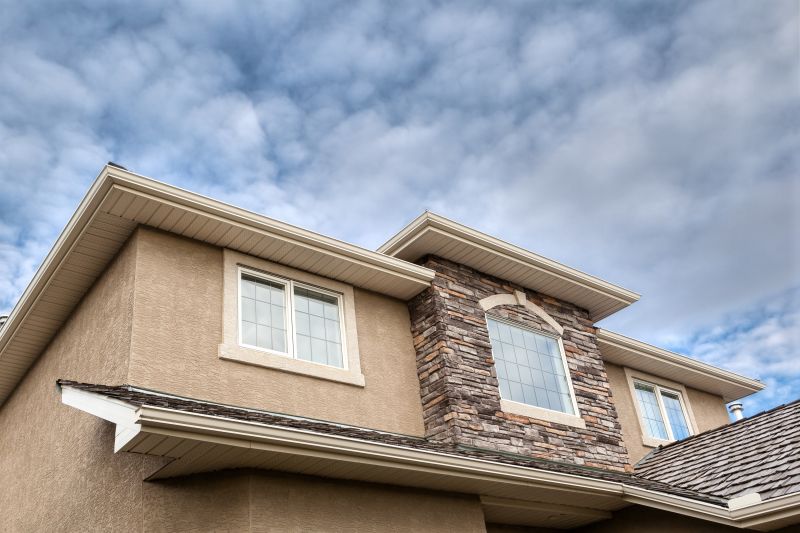
Finishes and colors that play nicely with Stone Facade Installations.
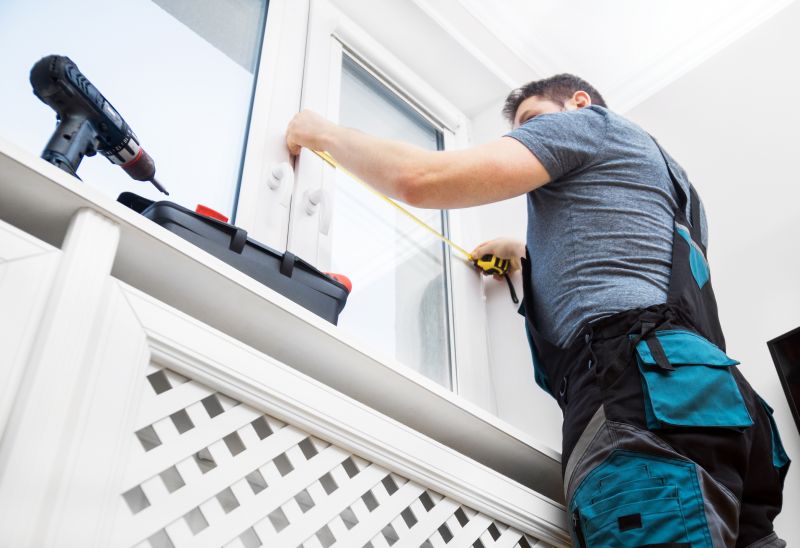
Little measurements that prevent headaches on Stone Facade Installations day.
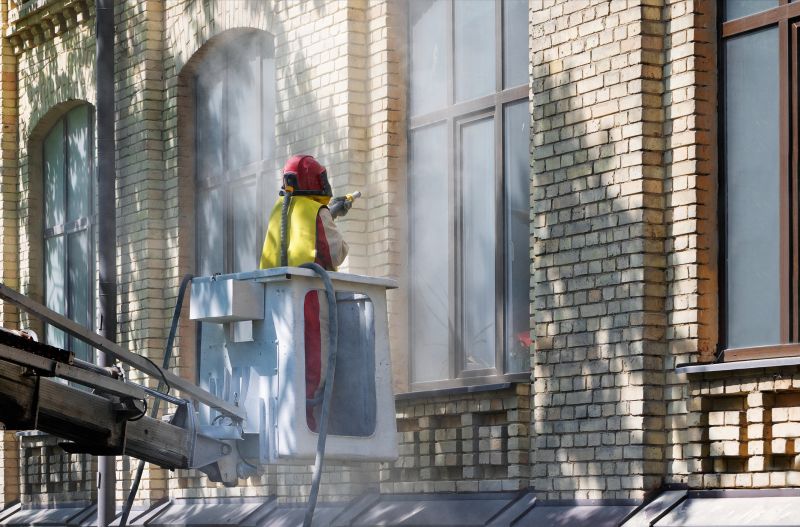
A 60-second routine that keeps Stone Facade Installations looking new.
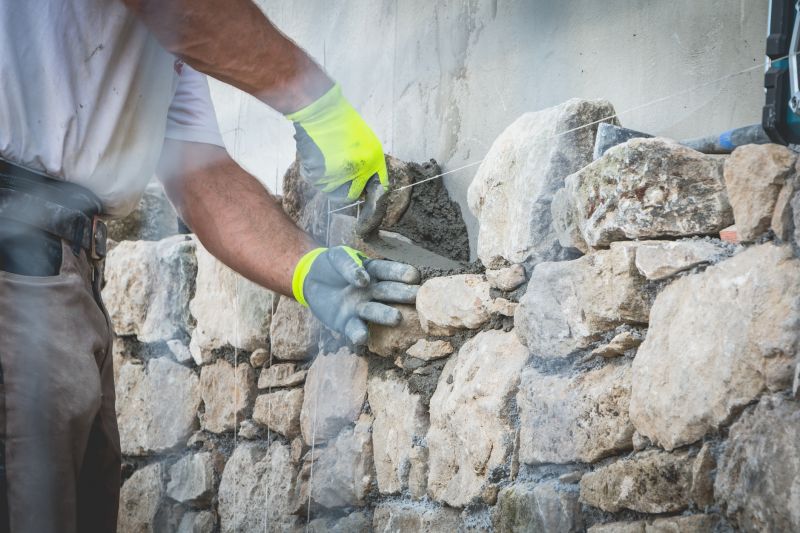
A frequent mistake in Stone Facade Installations and how to dodge it.
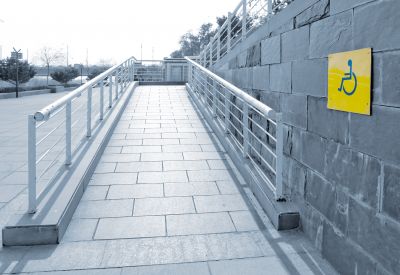
Small tweaks to make Stone Facade Installations safer and easier to use.
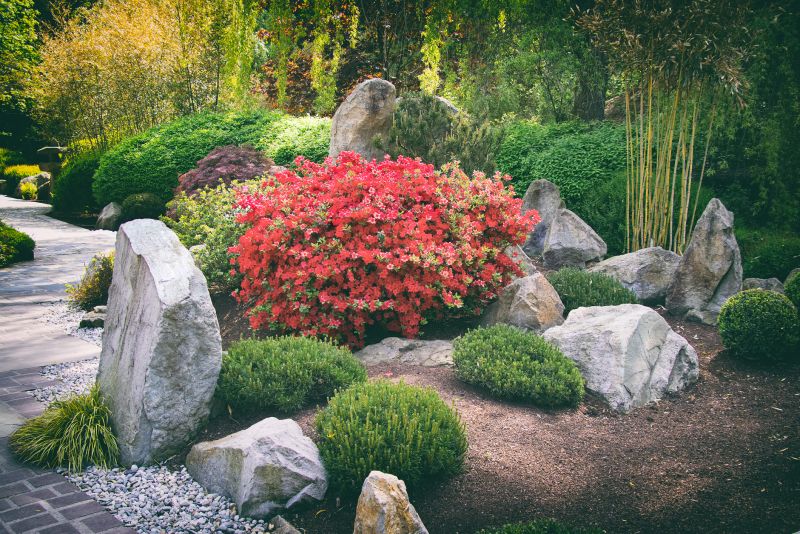
Lower-waste or water-saving choices for Stone Facade Installations.
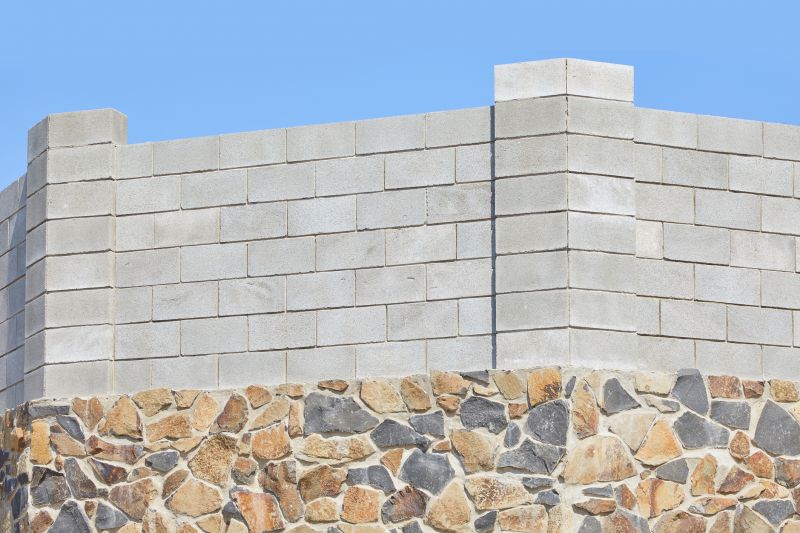
The short, realistic tool list for quality Stone Facade Installations.
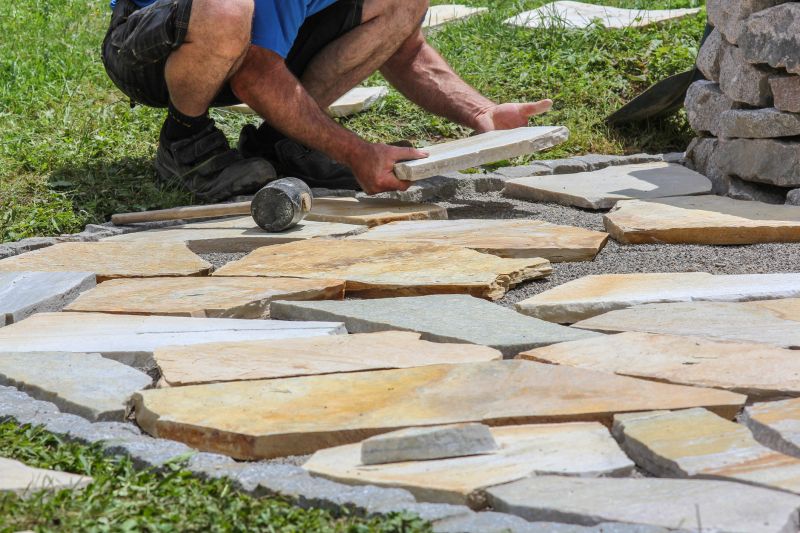
Rough timing from prep to clean-up for Stone Facade Installations.
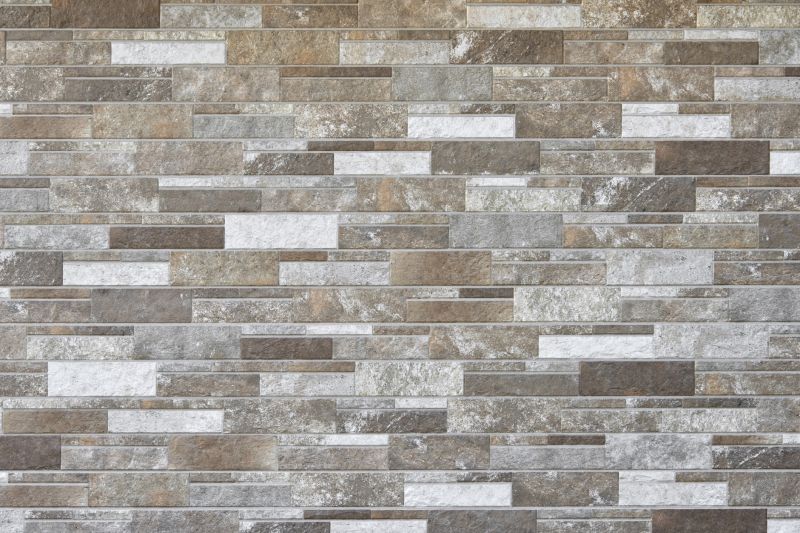
Quick checks and paperwork to keep after Stone Facade Installations.
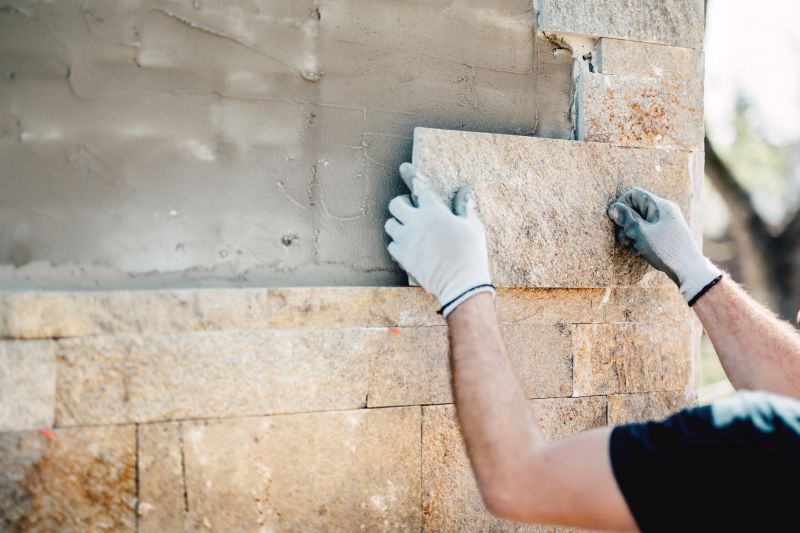
Examples that show the impact a good Stone Facade Installations can make.
| Season | Optimal Conditions |
|---|---|
| Spring | Moderate temperatures, low humidity, minimal rain |
| Summer | Warm, dry days preferred; avoid extreme heat |
| Fall | Cooler temperatures, stable weather, low humidity |
| Winter | Not recommended due to cold temperatures and potential for freezing |
| Late Spring/Early Fall | Most suitable for installation activities |
